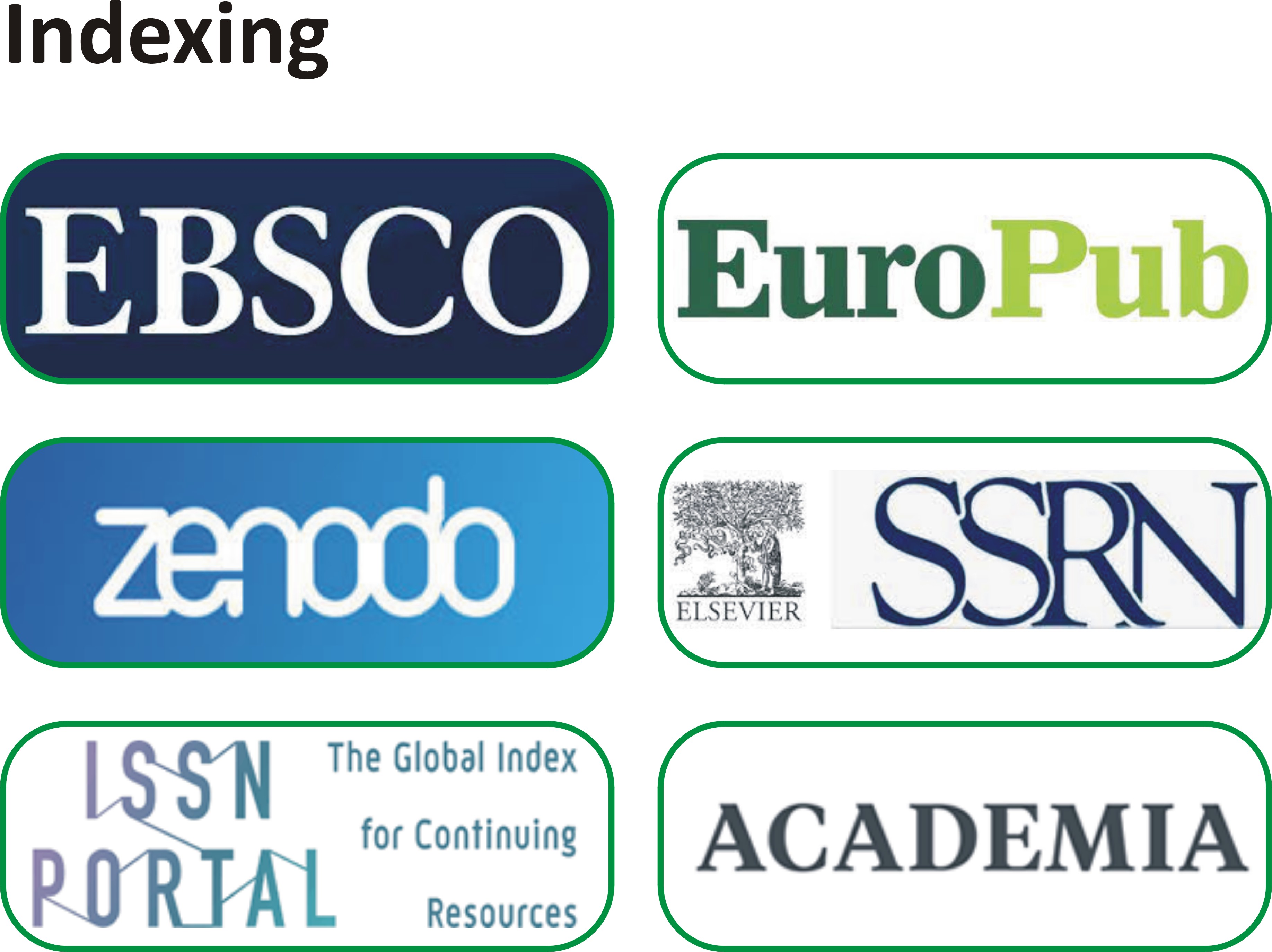Engagement and Safety: The Key to Healthier Outcomes in the Healthcare Workforce
Abstract
The study examined the effect of occupational health risk perceptions (OHRP) on employees’ outcomes in the healthcare industry with the mediating role of work engagement and moderating role of safety culture. Using the Job-Demand Resource Model, this study has established a unique association of health risks with work outcomes. A total of 309 healthcare professionals of twin cities of Rawalpindi and Islamabad of Pakistan had completed the survey questionnaires using convenience sampling technique. Data were analyzed by using PLS-SEM technique done through SMART PLS-4 software. The results revealed that work engagement has positive impact on job satisfaction and organizational commitment and work engagement partially mediates the relationship of occupational health risk perceptions and employees’ organizational commitment and job satisfaction. The study further disclosed that safety culture moderated and buffered between OHRP and employee outcomes. The findings of the study provides valuable insights into the complex relationships between occupational health risk perception, work engagement, safety culture, organizational commitment, and job satisfaction in healthcare sector.These findings of this study can inform the development of interventions and policies aimed at promoting employee well-being, satisfaction, and organizational outcomes. A structured safety management program can help to enhance safety culture to meet legal and moral obligation of a health care provider.
Downloads
Published
Versions
- 2024-12-14 (2)
- 2024-12-14 (1)







